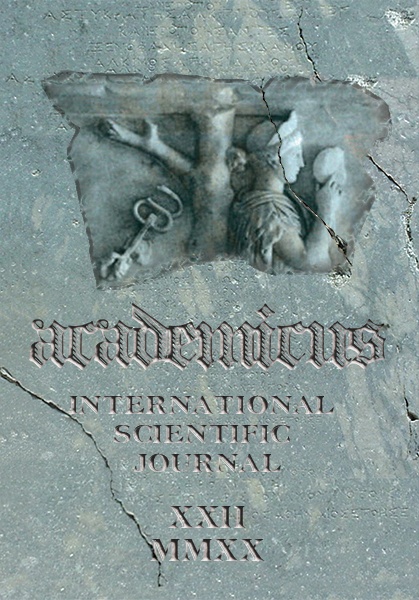Transcendental Philosophy, The History of Psychology Kant and Freud.
Transcendental Philosophy, The History of Psychology Kant and Freud.
Author(s): Michael R.D. JamesSubject(s): Philosophy, Philosophical Traditions
Published by: Academicus
Keywords: philosophy; education; psychology; human science; Kant; Freud.
Summary/Abstract: Kant is not generally recognised to be an Aristotelian hylomorphic Philosopher becauseof his extension of logic into Philosophical Psychology in the form of TranscendentalLogic. This extension is a natural articulation of hylomorphic metaphysics. Aristotle’s4 kinds of change, 3 principles, and 4 “causes” are all transformed into the Kantiansystem of categories of judgement and also transposed into the faculties of sensibility,understanding, and reason. The principles of noncontradiction and sufficient reasonobviously have origins in Aristotelian logic and Metaphysics. Freud claims that he iswriting the Psychology that Kant would have written had he written subsequent tothe “divorce” between Philosophy and Psychology in 1870 but it is clear that Freudtoo must be considered a hylomorphic Psychologist. This latter claim must be trueif it is the case that Kant can be regarded, a hylomorphic Philosopher. Freud regardsConsciousness and psychological residues (rituals) that we find in institutions asvicissitudes of Instinct. Instinct is here of course a philosophical concept possessingan aim, an object, a bodily source and a demand for motor activity. Early vicissitudesof instincts are narcissistically based and give rise the genesis of a strong ego underfavourable circumstances. Freudian theory correctly interpreted ought to give rise toethical theory of the type we find in Kant. This is a requirement for theories that wefind in the arena of transcendental psychology.
Journal: Academicus International Scientific Journal
- Issue Year: XI/2020
- Issue No: 22
- Page Range: 155-180
- Page Count: 26
- Language: English

